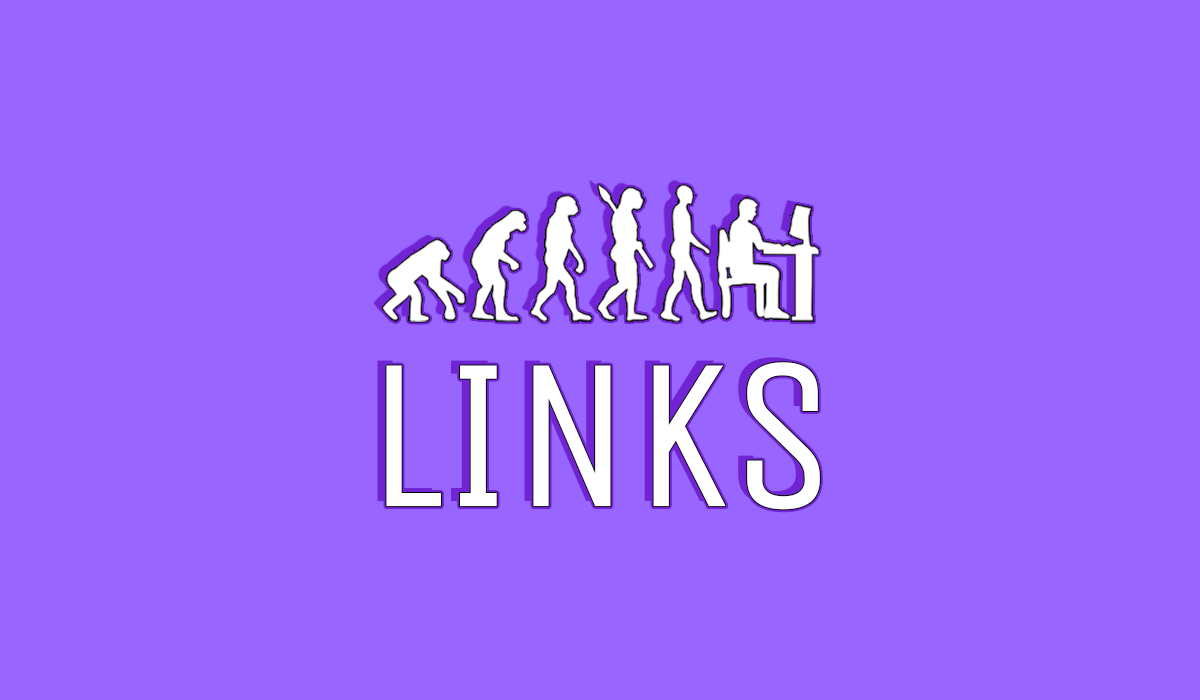LINKS - April 24th, 2024
Welcome to LINKS — my attempt to provide Rhapsody readers with five interesting stories that tell us something about what it means to be human . LINKS is published every Wednesday. Have a link you want to share? Drop it in the comments.
Do you see what he sees? Enle Li’s animations show how subjective our experience of nature really is
By Yaya Azariah Clarke, It’s Nice That
“Enle Li was born in China and later moved to New York City to study graphic design at the School of Visual Arts. During his final year, he found a calling toward ‘intricate storytelling’ and ‘emotive resonance’, he tells us. ‘I’m inspired by the boundaries between rational and irrational perceptions of the world around us’, which has created a body of work that is both surreal and humbling, because it deals with the fact that there is no objective view of what’s around us, we always come with preconceived notions and ideals. Combining animation and visual storytelling, he has created a visual language that spans commissions for the likes of Google, Apple, The Atlantic and Adobe, with each expanding his style and representations of the human perspective. So stop and look for a while, you may just catch a glimpse of how you see nature.”
The Concerning Global Rise in Hikikomori Syndrome, Explained
By Mark Travers Ph.D., Psychology Today
“A 2022 Japanese cabinet survey uncovered that approximately 1.46 million recluses exist in Japan within the 15-64 age bracket. Additionally, a 2019 survey indicated that 613,000 Japanese adults between 40 and 64 also fell into the category known as ‘adult hikikomori.’"
Daniel Dennett: The man who saw reality's patterns
“Dan had the mind of an engineer. He wanted to understand how things work, and he had no sympathy for those who prefer embracing mysteries to solving puzzles. That was just lazy, Dan felt. And Dan was never lazy. He was also keenly aware of how much we don’t yet know and how important it is to identify the right paths for future exploration. Too much of modern philosophy, he felt, was occupied with working out the fine details of theories that were fundamentally flawed. It was ingenious but pointless, he thought, like studying the theory of a chess variant no one plays. He preferred to develop flexible frameworks which could be refined in the light of future scientific discoveries. He called it ‘meanwhileism’. He didn’t have all the answers, but he had a sure sense of where to look for them, and his instincts were proven right time and time again.”
Robots can make jobs less meaningful for human colleagues
‘If robot adoption in the food and beverages industry were to increase to match that of the automotive industry,” Brookings notes, ‘we estimate a staggering 6.8% decrease in work meaningfulness and a 7.5% decrease in autonomy.’ The autonomy aspect speaks to an ongoing concern over whether the implementation of robotics in industrial settings will make the roles carried out by their human counterparts more robotic as well. Of course, the counterpoint has often been made that these systems effectively remove many of the most repetitive aspects of these roles.”
The Age of Rebellion
“The researchers assessed the careers and wars fought by 425 rebel leaders throughout history and around the world and found some major themes: Young rebel leaders were the most likely to lose, middle-aged rebels were most likely to find military success, and older rebels were most likely to reach negotiated settlements.”




